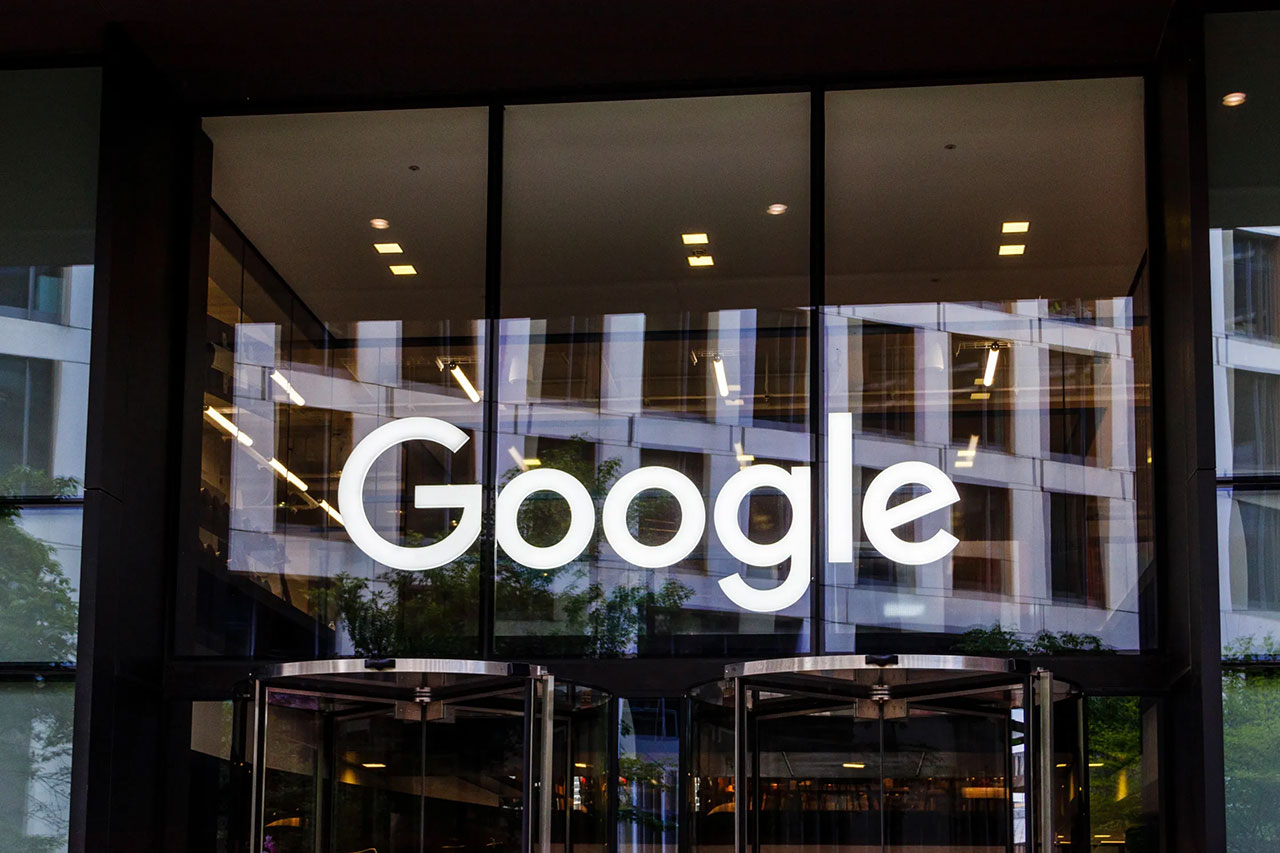The digitalization of public services promises convenience and savings, but in practice it forces governments to choose: modernize their infrastructure at the risk of losing control over data, or preserve sovereignty at the cost of slower updates. London’s deal with Google and Brussels’ agreement with Microsoft revealed that the issue of storing and accessing information has become not only technical but geopolitical—and that citizens’ data are turning into a strategic asset, on par with energy or raw materials. Society’s dependence on digital technologies deepens every day. The more domains move online, the more data we generate—medical records, financial transactions, consumer habits. The volume of information on the internet doubles roughly every three years. Governments too are moving services online—from tax filings to medical files. In theory this should make processes faster and cheaper, but the reality is more complex. London’s new contract with Google made clear that even advanced economies face the same dilemma: modernization or control over their data. Under the terms of the deal, vast troves of information will be stored in the United States. Microsoft has already acknowledged that it cannot guarantee full autonomy to clients in France—or across the EU—if Washington demands access…
… Continue here



I thought the EU was moving more towards open source?
I thought eu was moving towards digital sovereignty, but money (from washington) speaks louder than words
More than that it’s utter fear from our elites. Not really money flowing from Google and Microsoft into the pockets of politicians. It’s fear of higher tarrifs that motivates the EU to become a fiefdom of the US tech and defense sector.
Nope, the trade deal ditched all of that.
No it’s all good American firms that are going to take the leadership of our future. Done.
And no: even if one day the democrats come back to power (and how are they ever going to do that?), it won’t change a thing, they also like having their hands around our necks.